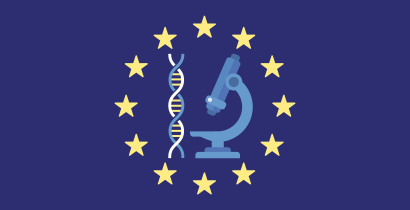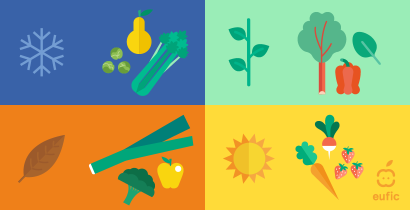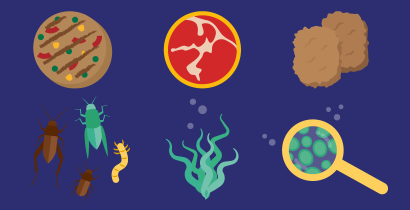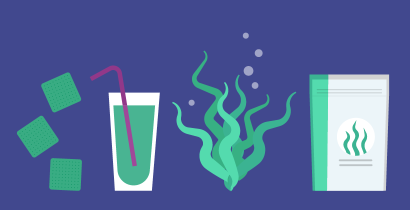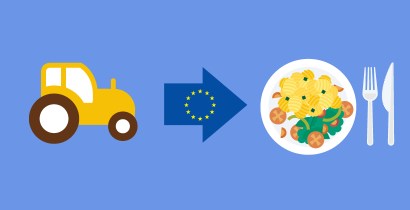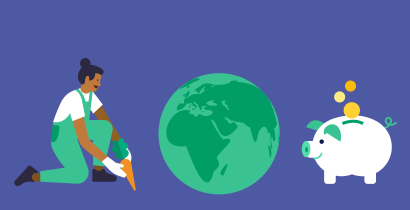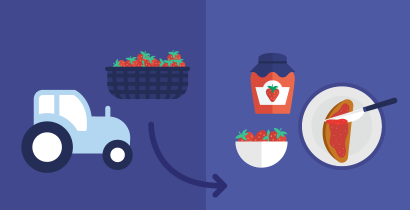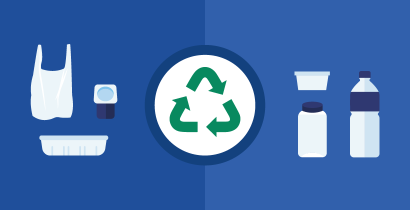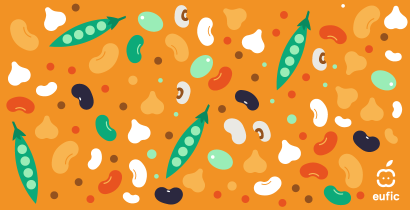Sustainability
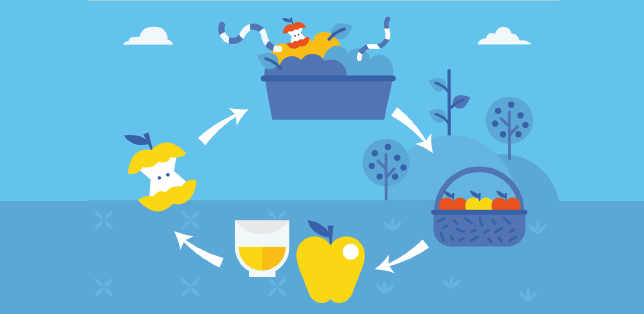
The current food production system has a major impacts on the environment, contributing to 30 % of all green-house gas emissions, driving deforestation and contributing to a loss of biodiversity. Our diets are becoming higher in calories and are rich in animal-based food products. 30 % of produced food is also wasted, enough to feed 200 million people! Switching to a more sustainable food production is important to make sure we can provide enough food for future generations while reducing the impact on our environment. How can we increase the sustainability of our diets?
New Genomic Techniques: what are they and how can they improve our food systems?
06 July 2023The EU Commission announced the release of a draft proposal for a reformed regulation of New Genomic Techniques (NGTs) that is expected to be published in early July 2023.1 This article explains what is meant by NGTs and how they are (or can be) used to make agricultural production more sustainable. Potential risks, areas of uncertainty and suggestions for the regulation of NGT-derived products are also discussed.
9 practical tips for a healthy and sustainable diet
26 May 2023Each of us contributes to the impact that our food system has on the planet. We can all commit to making the world a healthier place to live, through small but achievable changes to our diets.
5 trending alternative protein sources to meat in Europe
17 March 2023The EU market for alternative proteins has been growing steadily in recent years, with meat and dairy alternative sales increasing by 10% annually between 2010 and 2020. But what are the trending “alternative proteins”? This article explains why we should take them seriously and shows five options that may help to reduce the amount of meat on our plates.
Microalgae: what are they and how to grow and use them
02 February 2023This article describes what microalgae are, introduces some edible species of microalgae and explains why we may be interested in eating more of them.
Microalgae: producing new food products that consumers accept
19 April 2022Microalgae have gained increased attention as they represent a more sustainable source of protein than other conventional sources, such as livestock. But can these unfamiliar ingredients be used to create new types of high-protein food products, and will people be willing to eat them?
The EU Farm to Fork Strategy: Can we make the European food system healthier and sustainable?
07 March 2022Find out what is the European Commission’s Farm to Fork strategy and how it aims to accelerate our transition to a fair, healthy and planet-friendly food system.
The benefits and sustainability of short food supply chains
26 May 2021Short food chains can help support the sustainability of our food systems. Here’s how they can be beneficial for the economy, environment and overall society!
Short food supply chains: reconnecting producers and consumers
06 April 2021Recent developments in the food market show a renaissance of traditional, direct ways of delivering food, coupled with an emergence of more innovative types of distribution systems which provide direct links between producers and consumers. These numerous types of short food distribution channels, commonly named short food supply chains, now coexist with longer, more ‘conventional’ channels of (mass) food distribution.
Plastics – How can it become more sustainable?
31 March 2020Disposal of traditional plastics can be challenging. Better recycling and new biodegradable plastics provide opportunities to make plastic more sustainable.
Towards more sustainable diets
19 April 2018By 2050, world population is predicted to be over 9 billion. How can sustainable diets help secure enough food for future generations and minimise environmental impact?
